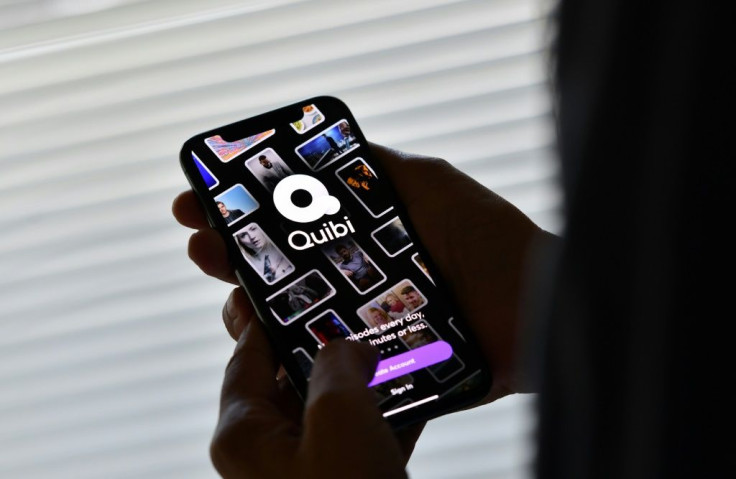Quibi Shows May Have Found A New Home: Here’s Where
After announcing in October that it was shutting its short-form video platform, Quibi’s content may have found itself a new home.
The company is in negotiations with Roku (ROKU) to sell the rights to its content catalog, sources for The Wall Street Journal said. However, the terms of the deal have not been disclosed and sources have warned that the "advanced talks" could fall apart.
Outstanding contracts with Quibi show producers may put a snag on the content offerings. Some contracts suggest series can't be aired on other platforms for several years, sources told WSJ, however, the contract terms may not prevent Roku from airing the content on its app.
For Roku, it would give it the added push into original content it is looking for while rehoming Quibi’s original shows. According to WSJ, Roku has been making a strong attempt to add programming through its own ad-supported app, the Roku Channel. The app currently offers movies and shows that are produced by other companies.
Roku's latest move comes after it struck a deal with WarnerMedia to add HBO Max to its streaming platform in mid-December.
Quibi’s service was comprised of episodes that were less than 10 minutes in length, featuring an array of stars that included Anna Kendrick, Sophie Turner, and Laurence Fishburne. Shows on the platform included “Most Dangerous Game,” “Dummy,” and “Murder House Flip,” to name a few. Its program "#FreeRayshawn" even secured award show recognition last fall with two Creative Arts Emmy Award wins in short-form acting categories.
Quibi’s life was cut short, in part, because of the coronavirus pandemic. The Jeffrey Katzenberg-founded service launched in April 2020 and was designed to be used by people on-the-go. As Americans were forced to stay home to help curb the spread of COVID-19, the service fell out of fashion with users.
Shares of Roku were trading at $340 as of 7:24 a.m. EST on Monday, up $7.98 or 2.40%.

© Copyright IBTimes 2025. All rights reserved.





















